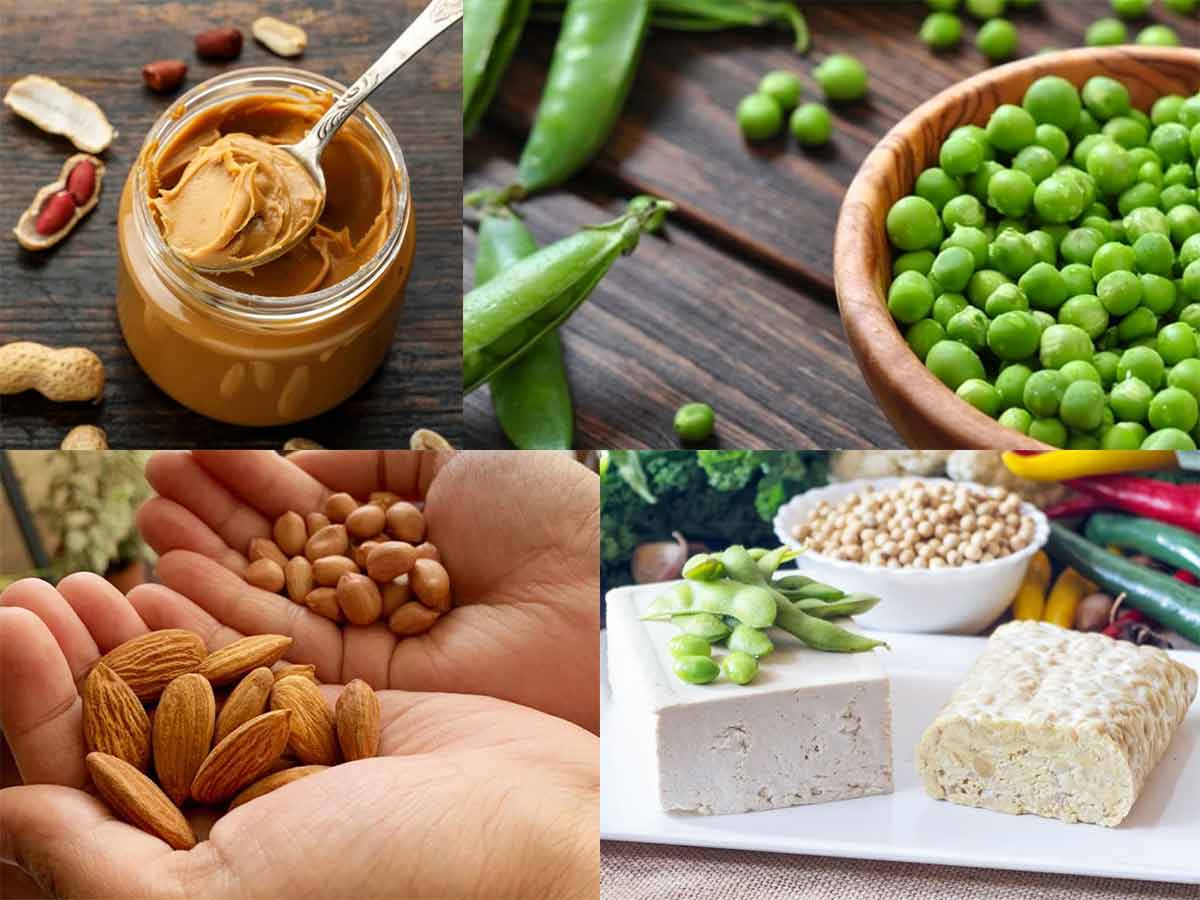It is commonly stated that gaining muscle mass when following a vegetarian diet is difficult. This is thought to be due to a lack of protein in this plant-based diet. However, this could not be further from the facts.
Muscle gain is definitely not impossible for vegetarians if they eat a diverse diet and consume enough high protein vegetarian food. It is not true.
Do you want to gain as much muscle as possible on a vegetarian diet? This blog will provide you with a list of the best plant-based proteins for building and maintaining muscle mass.
What is the significance of proteins in muscle building?
Proteins are needed to repair stressed muscles after a strenuous workout. Both exercises, including strength training and rigorous yoga, put pressure on your muscles, causing cracks. Proteins help these cracks heal faster and increase muscle mass.
To build muscle mass, fitness experts often suggest eating cottage cheese, eggs, beef, and fish. However, many vegetarian athletes have achieved success without the use of animal products.
Protein is important if you are working out hard and want to gain muscle mass. You can get enough of it on a vegan diet by eating the following plant-based proteins for muscle gain.
1. Seitan

Many vegetarians and vegans enjoy seitan as a protein source. It is made from gluten, the primary protein found in wheat. When baked, it resembles the appearance and texture of meat, unlike many soy-based mock meats. It contains around 25 grams of protein per 3.5 ounces and is also known as wheat meat or wheat gluten (100g). This makes it the most protein-rich plant protein source on this list. Seitan is also high in selenium and has trace quantities of iron, calcium, and phosphorus. This meat substitute can be found in the refrigerated section of most health food stores, or you can make your own with vital wheat gluten using this recipe.
2. Spirulina

Spirulina is a blue-green alga that is the protein king. It has a very high protein content (70%). This means it has a higher protein content than meat and dairy. Spirulina powder can be quickly added to a smoothie or dish or taken as a substitute regularly.
3. Kernels and seeds
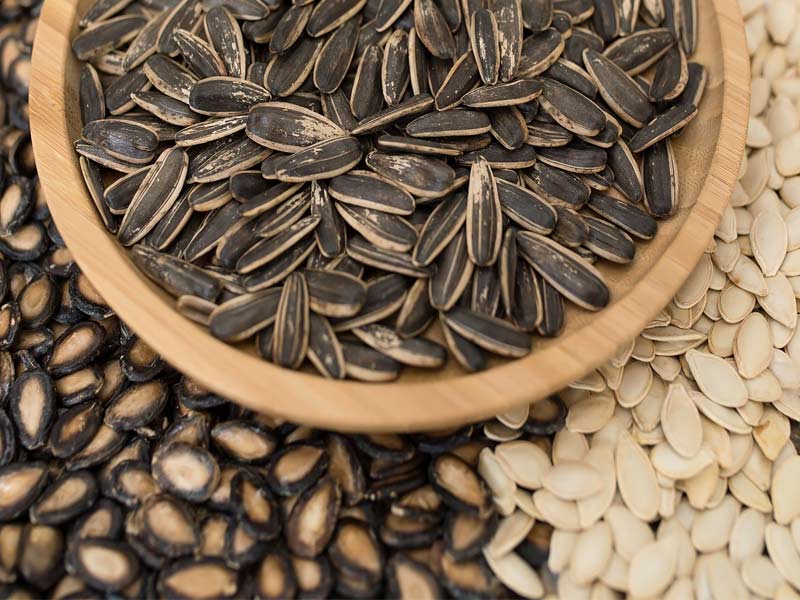
Protein content in hemp seeds, pumpkin seeds, sesame seeds, and chia seeds ranges from 20 to 30 grams per 100g. Of course, you won’t eat a handful of these, but make your own seeds/kernels mix and sprinkle it on top of a bowl of coconut yogurt or salad for an extra crunch. Alternatively, add them to your smoothie for an extra protein boost.
4. Peanut butter
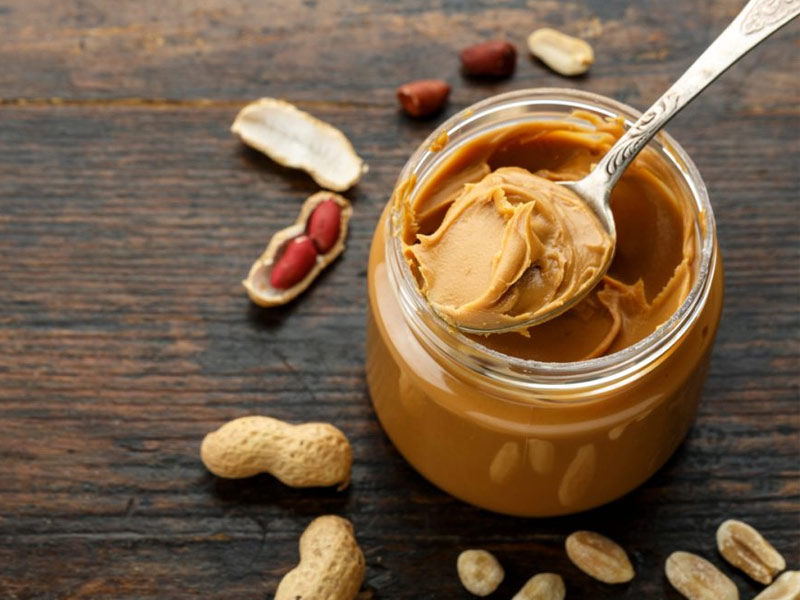
It’s not only nutritious but also tasty and high in protein. For 100g of peanut butter, there is approximately 25g of protein. Many varieties of peanut butter are vegan in general.
5. Edamame, Tempeh, and Tofu
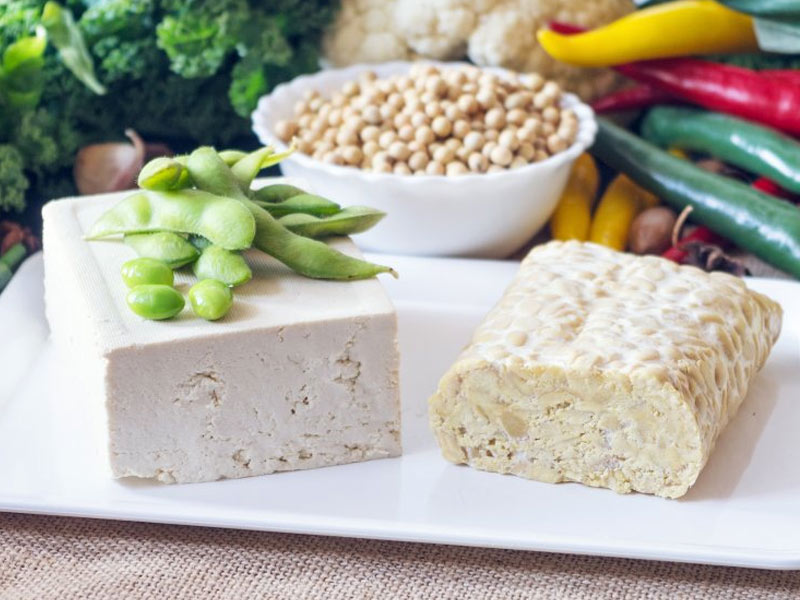
Soybeans are the source of tofu, tempeh, and edamame. Soybeans are regarded as a complete protein source. This means they provide the body with all of the necessary amino acids it needs. Edamame is young soybeans with a sweet, slightly grassy flavor. They should be steamed or boiled before eating, and they can be eaten on their own or in soups and salads. Tofu is made by pressing bean curds together in a method similar to cheesemaking. Tempeh is created by cooking and slightly fermenting mature soybeans before pressing them into patties. Tofu does not have a strong flavor, but it readily absorbs the flavors of the ingredients with which it is prepared.
In comparison, tempeh has a distinct nutty taste. Tofu and tempeh can also be used in a wide range of recipes, from burgers to soups and chilis. Iron, calcium, and 10-19 grams of protein per 3.5 ounces are all present in all three (100 grams). Edamame is also high in fiber, folate, and vitamin K. Tempeh is high in probiotics, B vitamins, and minerals like magnesium and phosphorus.
6. Nutrition Yeast

Nutritional yeast flakes are common among vegans. This yeast looks like dry sawdust, but it has a cheese flavor and could be used in place of grated cheese. A tablespoon (10 g) of these flakes on top of your pasta will provide 5 grams of vegan protein.
Also Read, Amazing Facts that you should keep in mind for Modern Vegan Diet
7. Almonds and peanuts

These vegan proteins should not be overlooked. Peanuts have the highest protein content, with 26 g per 100 g. Almonds, pistachios, and cashews are all excellent choices. They can be eaten as a snack or added to a vegetarian curry.
8. Green Peas
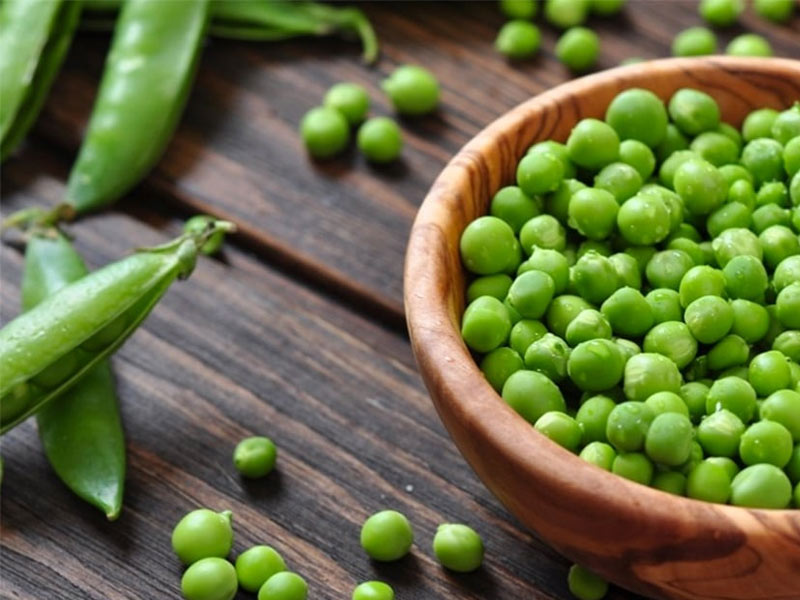
The small green peas, which are often given as a side dish, contain 9 grams of protein per cooked cup (240 ml), which is slightly more than a cup of milk (32). Furthermore, a serving of green peas provides more than 25% of your daily fiber, vitamin A, C, K, thiamine, folate, and manganese needs. Green peas are also high in iron, magnesium, phosphorus, zinc, copper, and a variety of B vitamins (32). Peas can be used in various recipes, including pea and basil stuffed ravioli, Thai-inspired pea soup, and pea and avocado guacamole.
9. Oatmeal porridge
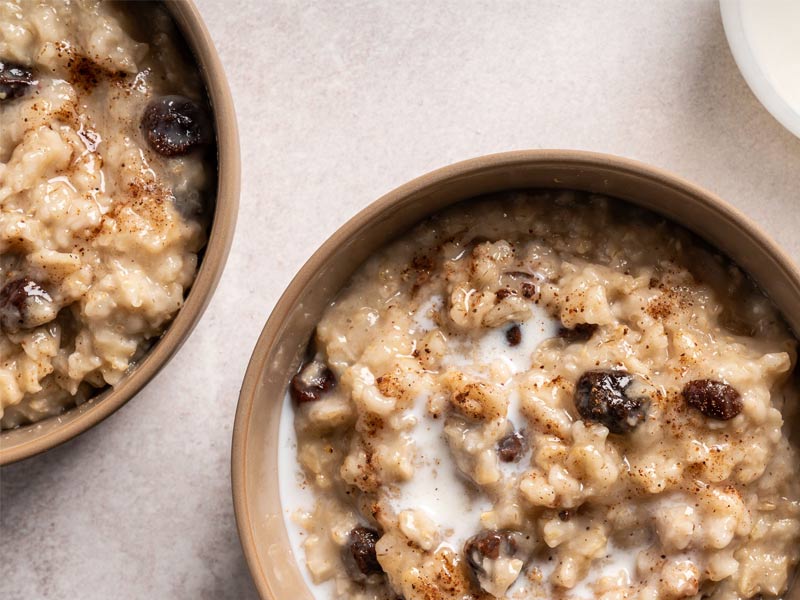
Oatmeal is an excellent protein-rich breakfast or post-workout meal. It has approximately 13 grams of protein per 100 grams and is simple to mix with other vegan proteins. You can make your own protein booster by combining soy milk (which contains 7 g of protein), a spoonful of peanut butter, a handful of almonds, and some blueberries.
10. Vegan Protein Powder

Try one of the many vegan protein shakes available today if you like. You need an extra boost in addition to these plant-based items.





















